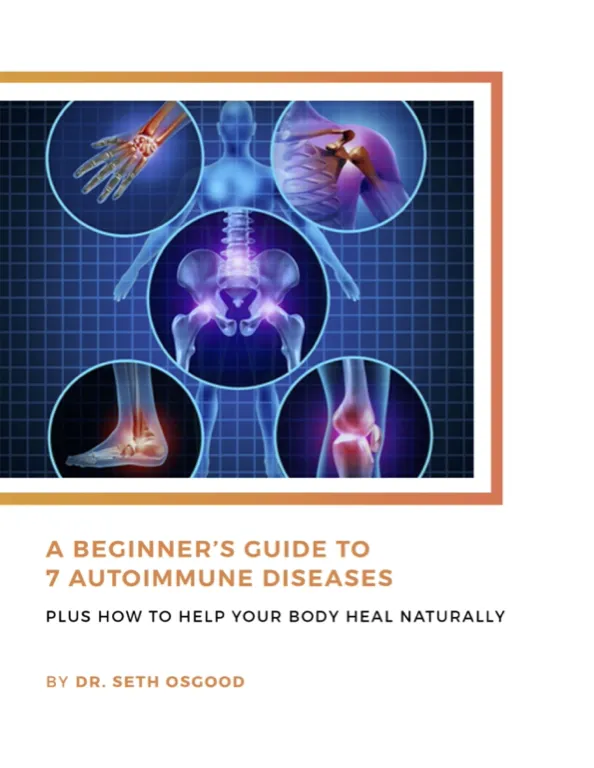Food is fuel, and what you eat has a massive impact on how energetic you feel throughout the day. If you fuel your body with less than optimal foods or not enough, it can leave you feeling drained, exhausted, and cravings short-term energy boosts like sugar and caffeine.
Fatigue is highly nonspecific and is a symptom of many health conditions. But whether you simply suffer from a lack of energy or your fatigue is the symptom of a more deeply rooted imbalance, these simple yet powerful dietary strategies can help.
Don’t Skip meals and go long periods without eating.
It’s surprisingly easy to fall into erratic eating patterns when life gets stressful, but not eating consistent, nutritious meals puts further stress on your body and leads to fatigue. Imagine if you were on a long road trip: you would want to plan your gas-station stops well in advance to make sure your car had enough fuel to get you through the journey. The same concept applies to fueling your body with food. A lack of nutrient-dense food will tank your energy levels.
Do Eat regular meals and snacks throughout the day.
Remember, calories are a measure of the energy in foods, not something to be feared. Often low energy is the body’s way of asking for more fuel and nutrients, and simply eating three balanced, filling meals at around the same times each day can make a huge difference. A great way to implement this is to plan your meals for the next day in the evening: write down a menu of breakfast, lunch, dinner, and perhaps a snack based on foods you have in your fridge.
Don’t Eat high carb, unbalanced meals.
When people are exhausted they tend to gravitate towards foods high in refined carbohydrates, such as breads, pasta, cookies, and chips. These foods provide a quick boost of energy, but it is short-lived and often followed by a crash an hour or so later. This is because eating a lot of carbs on their own quickly elevates blood sugar levels, which triggers the body to release a big surge of insulin. This can drop blood sugar too low, leaving you feeling shaking, cranky, and tired all over again.
Do Balance protein, fat, and carbs at each meal.
While carbs on their own can spike blood sugar, pairing them with protein, fat, and fiber will slow down the release of glucose into the bloodstream, resulting in more stable energy levels. It’s also important to choose nutritious sources of carbohydrates that contain fibers and nutrients.
Examples of healthy carbs include winter squashes, root vegetables like beets and parsnips, sweet potatoes and white potatoes, berries and fruits, and whole grains or legumes such as lentils that have been sprouted or fermented prior to cooking. Of these foods, beets are particularly good for boosting energy because they increase nitric oxide, which enhances blood flow. Pair these nutritious carb sources with protein (think grass-fed meat, eggs, or fish), fat (think olive oil, grass-fed butter, avocado), and fiber from non-starchy vegetables.
Don’t Eat hard-to-digest foods.
Digestion requires energy, and if you burden your digestive system with foods that are difficult to digest it will leave you feeling sleepy and lethargic after eating. Grains and beans naturally contain enzyme inhibitors that interfere with their digestion (though soaking/sprouting reduces these to some degree). Dairy is another common food sensitivity. If you have persistent low energy following meals, it may be worth exploring food sensitivities and doing a 30 day elimination diet to determine if a specific food is triggering your fatigue.
If your stomach acid and enzyme production is subpar, large amounts of protein, such as a steak, may make you feel heavy and tired. This doesn’t mean that meat is a problem, just that your body needs some help digesting it. Supplemental HCl or enzymes can be helpful. The goal is to improve your digestion to the point where you can eat nutritious, high-protein foods like meat without feeling fatigued afterward.
Do Eat easy-to-digest foods.
To ensure good energy after meals and throughout the day, build a balanced plate (as described above) from foods that are naturally easy on the digestive system.
- Lightly cooking non-starchy vegetables such as zucchini, carrots, and spinach by steaming or sauteing helps to break down the tough fibrous cell walls of these plant foods so they are easier to digest while still preserving their nutrients.
- Starchy vegetables like squashes and sweet potatoes are great baked, and some people find fruit easier to digest when cooked, as in stewed fruits and applesauce.
- Baked fish is packed with protein while also being light and easy-to-digest. To enhance the digestibility of meats, cook them low and low in a soup or slow cooker dish until very tender. Gelatinous cuts of meat such as bone-in roasts, oxtail, and shanks are particularly good for digestion because the gelatin in them attracts digestive juices. (Consuming a cup of bone broth with your meal does the same thing.)
- Finally, add a few tablespoons of a lacto fermented condiment such as raw sauerkraut or kimchi or a handful of raw sprouts to add enzymes.
Don’t Use caffeine or energy drinks to boost energy.
It’s tempting to use coffee as a quick energy boost, but it’s only masking the symptom and not addressing the root cause of fatigue. Caffeine increases cortisol, which is a stress hormone. Over time, high cortisol levels can lead to burnout and low energy.
Do Eat foods rich in B vitamins.
B vitamins are vital for energy. People in the GrassRoots Adaptation Programs frequently tell me that they noticed a significant improvement in their energy levels after starting supplementation with B vitamins. One of the best food sources of many of the B vitamins is liver. It is incredibly rich in B12 and also contains folate, B2, and B6. Other foods high in energy-boosting B vitamins include nutritional yeast, wild-caught salmon, grass-fed beef, dark leafy greens, and eggs. B vitamins are water soluble and therefore need to be consumed regularly.
You don’t have to settle for feeling tired all the time. If you’re already implementing the simple but critical foundations above and are still feeling fatigued, it’s time to dig deeper. Root causes of unexplained fatigue include Lyme, mold, and food sensitivities. Working with a knowledgeable practitioner can help you identify and address these root causes.
– Lili Hanft, GrassRoots Nutritionist




